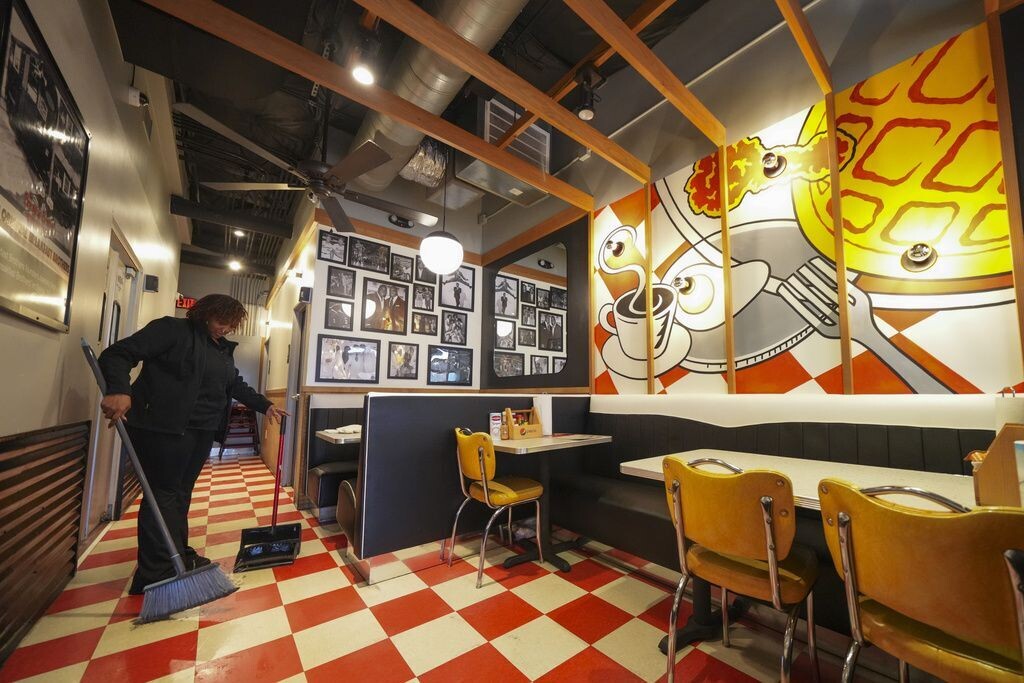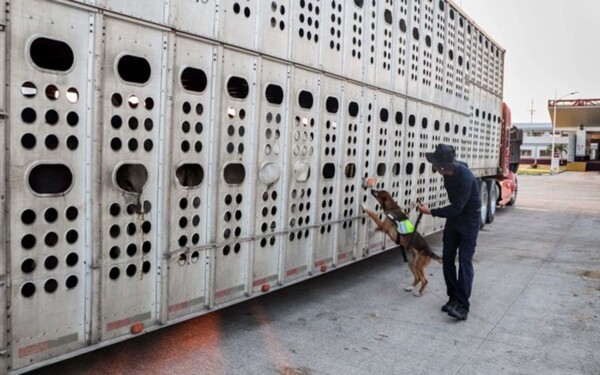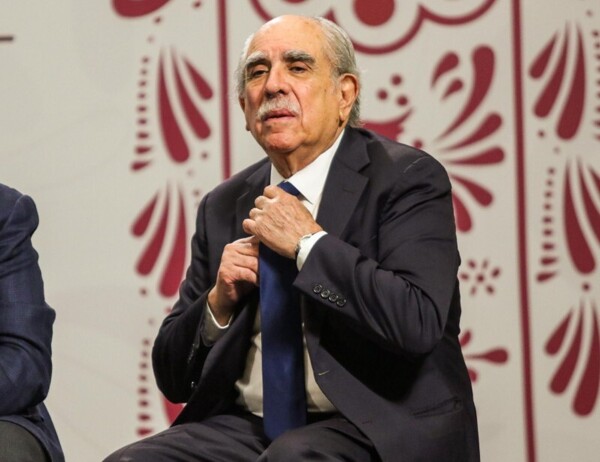
The imposition of tariffs by the government of Donald Trump has generated uncertainty in the tourism and restaurant sectors, according to business representatives at the time the 25 percent tariffs from the United States on Mexican products came into effect.
The views of businesspeople belonging to the National Business Council for Tourism (CNET) and Canirac warn of a possible increase in prices, impacts on consumption in restaurants near the border, an increase in consumer goods, and uncertainty in American travel to Mexico, especially for those traveling to the country for business purposes.
In the words of Braulio Arsuaga: “This uncertainty in travel worries us. We do not know how long this will last. We had the threat of tariffs if the National Guard was not deployed at the border, and now we face this situation. There is a risk of increasing inflation and falling into recession.”
Although the American market is the largest sender of international tourists to Mexico, with more than 13 million a year, the tourism industry anticipates an impact on business travel, although the first data of the year predict a lesser impact from the effects of Trump's policies on the most crowded beaches of Mexico.
For her part, the Secretary of Tourism, Josefina Rodríguez, stated that there will not be a significant impact due to the tariffs, and affirmed that tourism promotion strategies will contribute to increasing the number of American travelers to Mexico, surpassing 14.5 million by the end of the year.
However, not all perspectives are so optimistic in the tourism sector, which has an economic impact in different areas, such as the restaurant industry.
On the other hand, the tariffs imposed on Mexican products will directly affect the restaurants located in the border area of Mexico, as 40 percent of the customers come from the United States, according to Ignacio Alarcón, president of Canirac. This impact will be reflected in food prices, which diners will have to bear if the tariffs continue.
The government of Donald Trump decided to impose a 25 percent tariff on imported goods from Mexico, after a month of extension and efforts in security matters in the neighboring country. This measure will have consequences for the restaurant industry, both from the perspective of customers and the supply chain.
“We rely on 15 percent of imported and exported products to supply food, equipment, and raw materials, particularly meat. We will see how the situation adjusts with foreign suppliers,” added the president of Canirac.
As a result of the tariffs, Mexican restaurants, not just those located at the border, will have to replace American products with national products or local supplies. President Claudia Sheinbaum is expected to announce a series of tariff and non-tariff measures next Sunday, March 9, while on Thursday, March 6, she will have a conversation with Trump to address trade and security issues.














